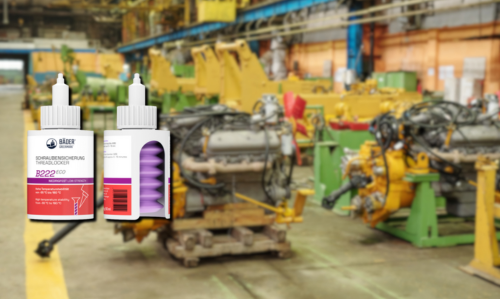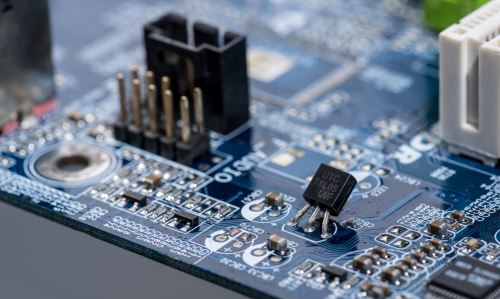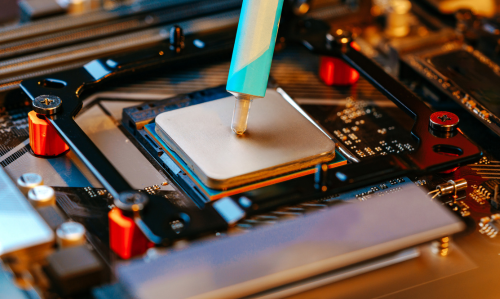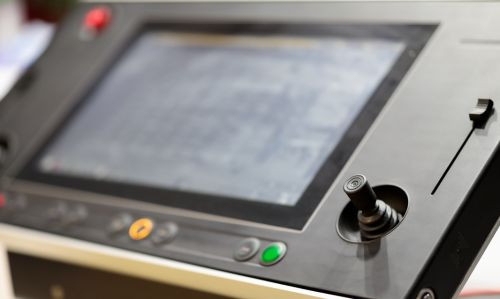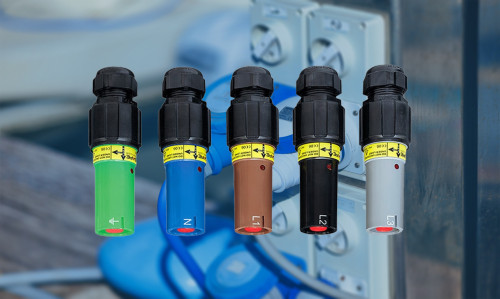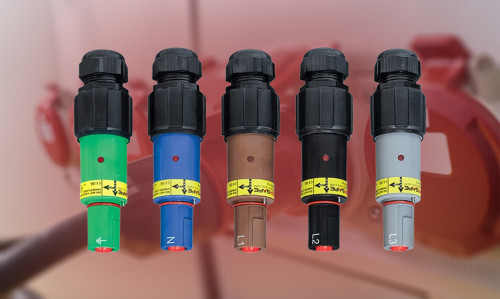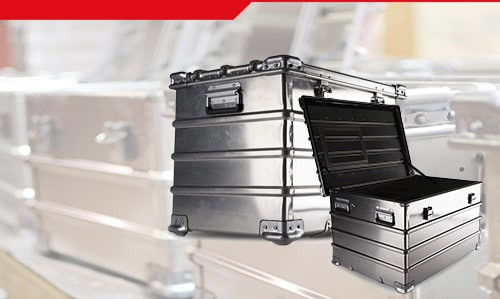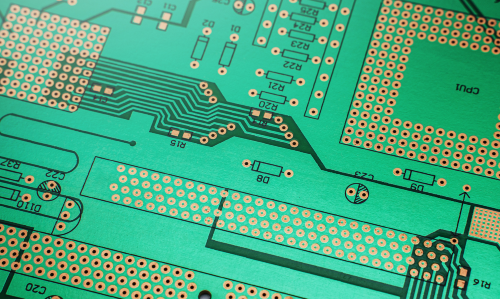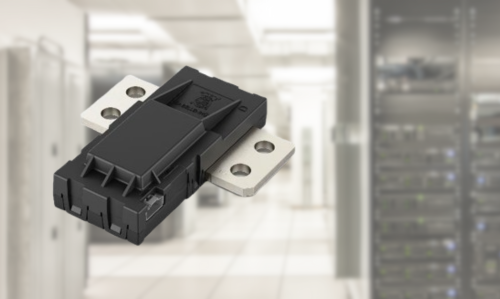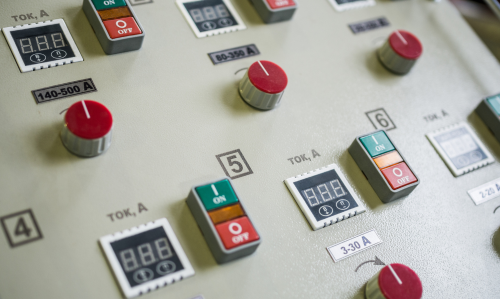Articolul discută despre cum să alegi produsele potrivite pentru fixarea filetelor, inclusiv adezivi anaerobi, șaibe elastice și benzi. Sfaturile acoperă factorii care influențează alegerea, precum și recomandări practice de aplicare.
trebuie să fii logat

Bază de cunoștințe
-
Ce sunt adezivii anaerobici?Read more
Aflați despre adezivii anaerobici, cum funcționează aceștia și beneficiile pe care le oferă în condiții dificile. Explorați aplicațiile lor în condiții de temperatură înaltă, vibrații și presiune și descoperiți cum contribuie la durabilitatea conexiunilor filemate. Înțelegeți utilizările lor diverse în industrii precum automobile, producție de alimente și farmacologie.
-
Vector Analysis of Circuits: The Key to Precise Electronics Design and DiagnosticsRead more
Vector analysis of circuits is an advanced method used in electronics to evaluate electrical circuits, particularly in the context of alternating current (AC) signals. By representing signals and impedances as vectors in the complex plane, it allows for precise visualization and analysis of their behavior as a function of frequency.
-
Aplicarea materialelor lichide termoconductoare în industria electronică: Răcire eficientă pentru performanță și fiabilitateRead more
În lumea de astăzi, în care tot mai multe dispozitive electronice generează o cantitate semnificativă de căldură, răcirea eficientă devine un factor cheie în asigurarea fiabilității și performanței acestor sisteme. Ca răspuns la această provocare, industria electronică recurge din ce în ce mai mult la soluții inovative, cum ar fi materialele lichide termoconductoare.
-
Comparison of capacitive and resistive touch panels: Which solution is better for your business?Read more
Choosing the right touch solution can be a challenge for many companies looking to implement innovative technologies in their products or processes. The two most commonly used types – capacitive touch screens and resistive touch panels – have unique advantages and are used in various environments. Understanding these differences will help select the ideal solution to ensure optimal performance, durability, and user convenience in a given application.
-
Environmental resistance of capacitive touch panels: Key features for industrial applicationsRead more
In industry, the reliability and durability of devices are crucial, especially in challenging environmental conditions. In many sectors, such as manufacturing, logistics, energy, or heavy industry, technologies must withstand various challenges – from extreme temperatures and high humidity to dust and chemical exposure. In this context, capacitive touch screens stand out due to advanced technology and appropriate design, enabling their use in demanding environments.
-
How to choose the right resistive touch panel for industrial applicationsRead more
In the industry, automation and digitization of processes are increasingly important, often involving the use of advanced user interfaces like touch panels. In many industrial applications, choosing the right touch panel is a challenge, especially when adapting to specific working conditions such as high humidity, dust, or the need for glove operation. Resistive touch panels are a popular choice in industrial applications due to their durability and reliability. In the article below, we will...
-
Resistive touch panels: why are they the ideal solution for industry?Read more
Touch technologies play a key role in process automation and management across various industrial sectors. Among the different types of touchscreens, resistive touch panels stand out as one of the most reliable solutions for harsh working conditions. Thanks to their durability and simplicity of operation, resistive screens have become an ideal choice for many industrial applications where durability and precision are priorities.
-
How to Safely Connect POWERSAFE (POWERLOCK) ConnectorsRead more
In this article, we will discuss how to correctly connect cables to the Powersafe Sequential Mating Box power distribution unit.
-
5 Best Methods for Installing POWERSAFE (POWERLOCK) ConnectorsRead more
In this article, we will examine the first two methods, discussing their key steps and recommendations.
-
STANEX transport casesRead more
STANEX transport cases are designed with the highest level of stability in mind and provide protection against all significant environmental threats.
-
Capacitive touch screens: How they work and their application in industryRead more
Capacitive touch screens play a crucial role in the modern world of technology, and their application in industry is becoming increasingly common. Thanks to their reliability and precision, capacitive touch panels are used in many industrial sectors, from automation to medical devices. But how exactly does a capacitive touchscreen work, and why is it so popular in industry? Let’s take a look at its operating principles and key advantages.
-
Ce sunt elastomeri conducători și cum pot îmbunătăți compatibilitatea electromagnetică?Read more
Compatibilitatea electromagnetică (EMC) este un aspect esențial în proiectarea dispozitivelor electronice moderne. Elastomerii conducători joacă un rol important în îmbunătățirea EMC, oferind soluții eficiente pentru controlul interferențelor electromagnetice.
-
Cele mai bune practici pentru ecranarea componentelor pe PCB pentru EMC: Cum să minimizați interferențele electromagneticeRead more
Pe măsură ce cerințele privind compatibilitatea electromagnetică (EMC) cresc, proiectarea plăcilor de circuit imprimat (PCB) devine din ce în ce mai complexă. Ecranarea este o tehnică cheie care protejează componentele electronice împotriva interferențelor electromagnetice (EMI). Acest articol discută principalele provocări și cele mai bune practici pentru proiectarea ecranării componentelor PCB pentru a respecta cerințele EMC.
-
Precizie și versatilitate: De ce să investiți în IVT-3?Read more
Senzorul de curent IVT-3, disponibil în versiunile Base și PRO, oferă măsurători precise ale curentului, temperaturii și funcții avansate de diagnosticare. Versiunea PRO permite, de asemenea, măsurarea tensiunii și evaluarea stării izolației, ceea ce îl face un instrument versatil, ideal pentru aplicațiile electrice moderne, oferind precizie ridicată și integrarea mai multor funcții.
-
Care sunt tipurile de filtre EMC și în ce situații sunt utilizate?Read more
Filtrele EMC joacă un rol cheie în asigurarea compatibilității electromagnetice a sistemelor electrice și electronice. Scopul lor este de a minimiza interferențele electromagnetice care pot afecta funcționarea dispozitivelor și sistemelor. În acest articol, vom discuta diferitele tipuri de filtre EMC și situațiile în care acestea sunt cel mai frecvent utilizate.
-
Najlepsze praktyki dotyczące instalacji i konserwacji dławnic kablowych EMC.Read more
Dławnice kablowe EMC odgrywają kluczową rolę w zapewnieniu kompatybilności elektromagnetycznej systemów elektrycznych i elektronicznych. Ich prawidłowa instalacja i konserwacja są niezbędne do zapewnienia optymalnej ochrony przed zakłóceniami elektromagnetycznymi. W tym artykule omówimy najlepsze praktyki związane z instalacją i konserwacją dławnic kablowych EMC, które mogą pomóc w zapewnieniu niezawodności i wydajności systemów.
-
Przegląd technologii EMC stosowanych w systemach automatykiRead more
Kompatybilność elektromagnetyczna (EMC) stanowi kluczowy aspekt w projektowaniu i eksploatacji nowoczesnych systemów automatyki. Jej znaczenie jest nieocenione w kontekście zapewnienia niezawodności i stabilności pracy złożonych urządzeń elektronicznych, które muszą działać bez zakłóceń elektromagnetycznych zarówno wewnątrz siebie, jak i z otoczeniem.




